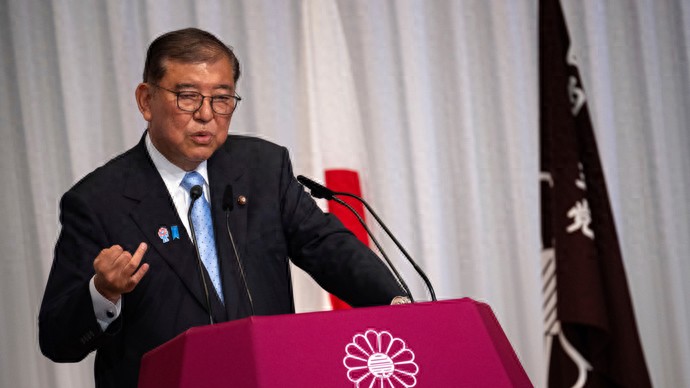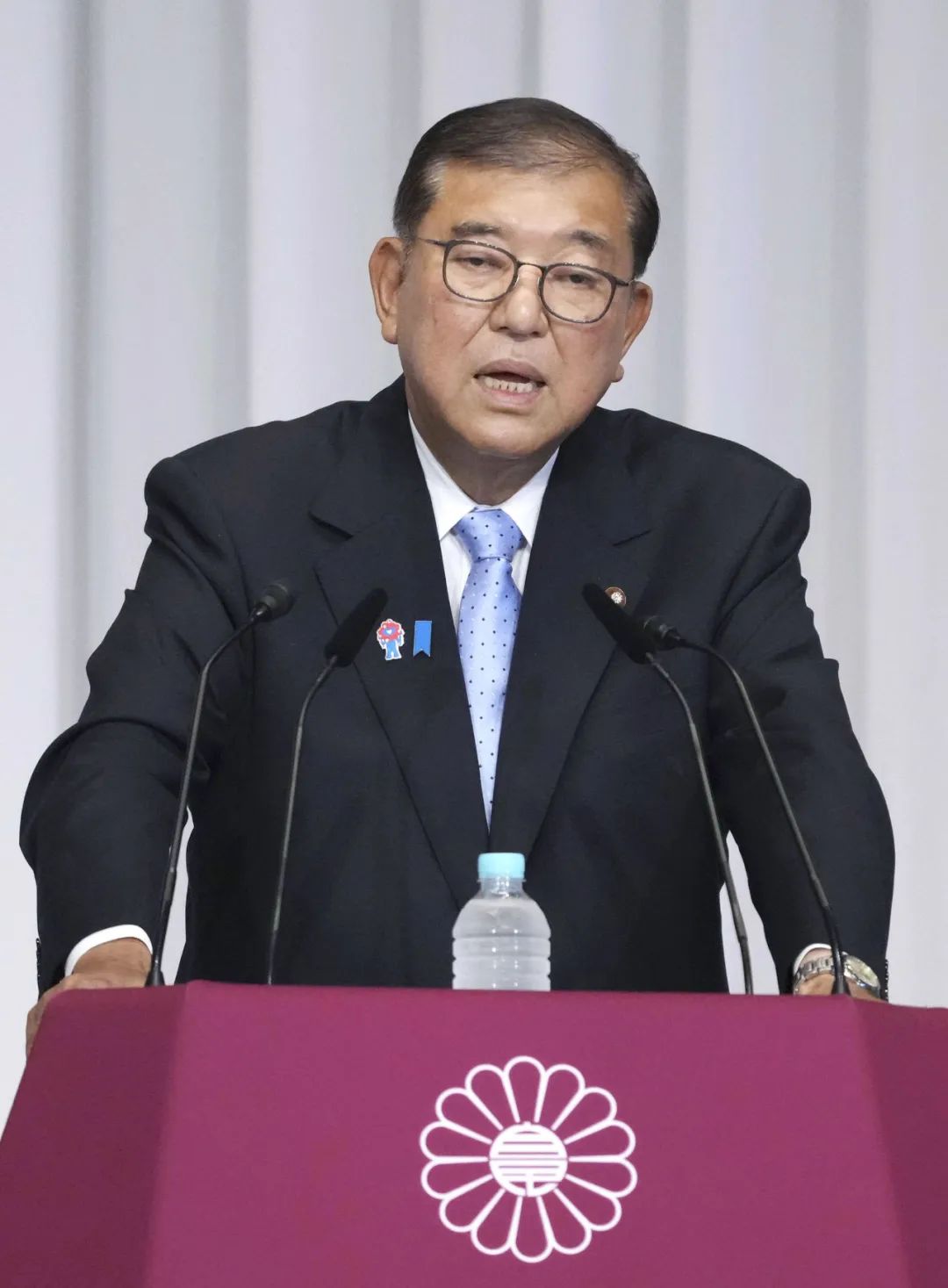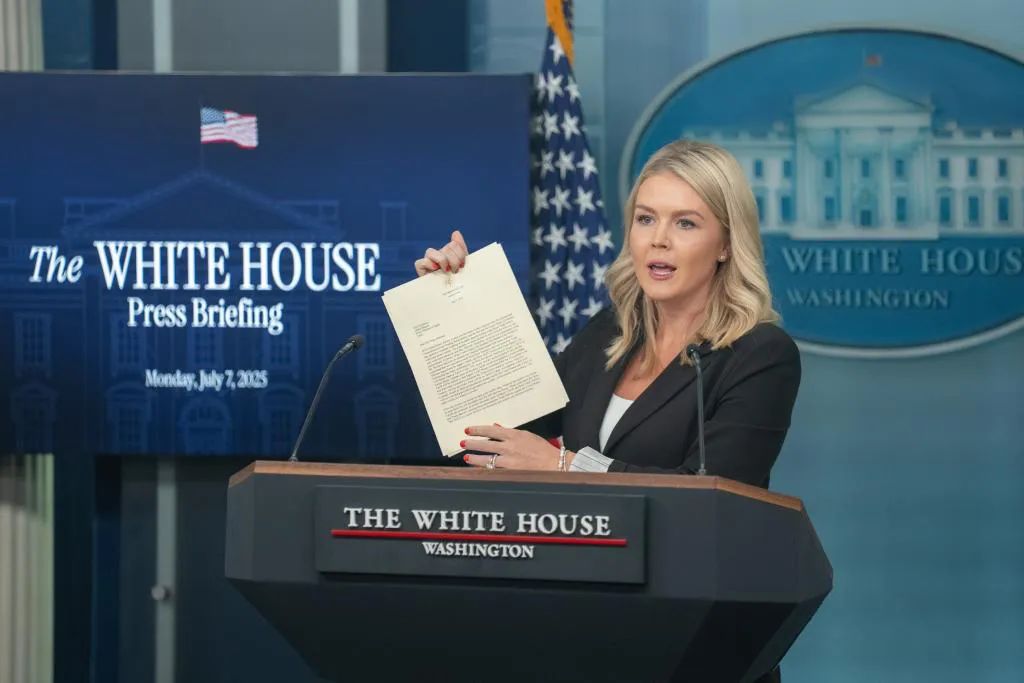
Xinhua News Agency reported that the 27th House of Councillors election in Japan was completed on the morning of the 21st. The ruling coalition of the Liberal Democratic Party (LDP) and Komeito failed to secure a majority of seats, becoming a "minority party" in both the House of Representatives and the House of Councillors for the first time since the LDP's establishment in 1955.
Several factors contributed to the coalition's "disastrous" result. Internal issues include poor governance by Ishiba Sho, an unimproved Japanese economy, and infighting within the LDP. External challenges include opposition parties vying for seats, the defection of hidden voter bases, and the impact of U.S. tariff policies.
Notably, a new right-wing party that has been in existence for only five years made a strong showing in this election. This party, which campaigns under the slogan of "Japan First," may become a key minority force influencing the political landscape.
Difficult Path Ahead for the Ruling Party
Unless there is an unexpected change, Ishiba Sho will likely remain as prime minister. In a special program broadcast by Japan Broadcasting Corporation (NHK) on the evening of the 20th, Ishiba stated, "I must be aware of the responsibility I bear toward the country and the mission of being the largest party in the Diet. I will continue to fulfill my duties."

On July 21, Japanese Prime Minister Ishiba Sho speaks during a press conference. Xinhua photo
Chen Yang, a visiting researcher at the Center for Japan Studies at Liaoning University, said in an interview with Chang'an Street Zhishi (WeChat ID: Capitalnews) that Ishiba's decision to stay in office is partly due to the imminent Japan-U.S. tariff negotiations. The Trump administration in the United States is set to impose a 25% tariff on Japanese goods from August 1, and resigning now would create a vacuum in domestic politics.
Another reason is to hold onto the prime minister's position and prevent it from falling into the hands of others—currently, the LDP is a "minority ruling party" in both the House of Representatives and the House of Councillors, and a new president may not easily pass the designation vote in the Diet.
If Ishiba remains in office, his governing pressure will inevitably increase. According to the principle of "House of Representatives priority" in the Japanese Constitution, if the ruling party fully controls the House of Representatives, it can still relatively smoothly pass legislation, budgets, and personnel-related reviews even if it loses in the House of Councillors. Now that the ruling party has become a "minority party" in both chambers, the Ishiba cabinet will face more obstacles when pushing bills. It is foreseeable that in order to gain support from the opposition, the ruling coalition will have to compromise, make concessions, or engage in interest exchanges.
Professor Liu Jiangyong from the Institute of Contemporary International Relations at Tsinghua University believes that the stability of the Ishiba cabinet will also be questioned, and future policies with "Ishiba characteristics" will be more difficult to implement.

July 7, White House Press Secretary Caroline Leavitt shows a letter from U.S. President Trump to Japanese Prime Minister Ishiba during a press conference. The letter states that the U.S. will impose a 25% "reciprocal tariff" on Japanese goods exported to the U.S. starting August 1. Xinhua photo
Some Japanese media analysts suggest that the Ishiba cabinet may choose to absorb another party into the ruling coalition to maintain a majority in the House of Councillors through a "three-party ruling coalition." However, so far, this attempt has faced setbacks. On the evening of the 20th, when asked whether they would join the ruling coalition, several opposition parties including the Constitutional Democratic Party, the New Komeito Party, and the Reiwa Shinsengumi all expressed a negative attitude.
Chen Yang believes that although there have been previous examples of a "three-party ruling coalition" in Japanese political history, the possibility of forming one again is slim. From the perspective of individual opposition parties, completely joining the LDP-Komeito ruling coalition means giving up and accepting some policy positions, thus losing their own identity. At the same time, maintaining the status of a "key minority" brings greater benefits than joining the ruling coalition.
Internal Issues Within the LDP Are Greater Than External Challenges
Although Ishiba Sho lost in this election, he will temporarily not face a threat from the opposition parties for the prime minister's position.
From the balance of power, the LDP is still the largest party in Japan's political arena. Although the opposition parties have gained multiple seats in this election, overall, they are still scattered and lack a unified leadership, making it difficult to form a united challenge against the LDP.
A greater threat comes from within the LDP itself, where factions supporting and opposing Ishiba Sho's continued rule are locked in conflict. This election loss will inevitably weaken Ishiba's authority and influence within the party, providing grounds for the "anti-Ishiba" forces.
According to news from CCTV, members of the Asō faction led by former Prime Minister Asō Taro have held an emergency meeting to assess the situation. Asō Taro has clearly stated to his associates that "he will not allow Ishiba Sho to continue governing," indicating a clear "power grab" stance. There are also multiple potential successors within the party.
Liu Jiangyong believes that if Ishiba Sho steps down, Asō Taro's faction could push for Takahashi Hayato to become the next LDP president. She has already announced her intention to run for the presidency and is interested in taking over. On the other hand, Ishiba Sho may promote Koizumi Jinno, a young politician in his 80s who has had close cooperation with him, to counter the opposition parties' social media strategies.
In addition to internal challenges, the opposition parties may also unite with the "anti-Ishiba" forces within the LDP to raise a vote of no confidence against the weak Ishiba cabinet.
On the other hand, for the Ishiba cabinet, there may be more opportunities from the "external" side. Liu Jiangyong pointed out that some independent legislators, who are not affiliated with any party, are still de facto supporters of the LDP. They may return to the ruling team under the temptation of power, becoming a supportive force.
Rise of Populism at Home
The loss of the ruling coalition's majority advantage is closely related to the populist sentiment sweeping Japan.
For example, a new party established in 2020 criticized "preferential treatment for foreigners," advocated "Japan First," and promoted nationalist rhetoric such as "defending tradition, family, and national pride." It gained popularity among right-wing groups. The party is known as the "Party of Mobile Phones" because it quickly attracted many voters disillusioned with mainstream politics through clever use of YouTube and other social media platforms. It became one of the biggest winners in this House of Councillors election, increasing its number of seats from 1 to 15.
The leader of the party, Kamata Mitsuhide, admitted that he drew inspiration from U.S. President Trump's bold political style and stated that the party's vision is close to "America First." Japanese media such as Weekly Bunshun even published an article titled "Is Kamata Mitsuhide the Trump of Japan?"
When the domestic economic situation is poor, Japanese people are more likely to attribute the decline in living standards to external factors. Right-wing parties like the new party have seized on this social sentiment, using it as a campaign weapon to take away votes from the ruling coalition.
The political instability caused by populist sentiments may affect Japan's foreign relations. Liu Jiangyong pointed out that through this election, it is evident that right-wing forces have gradually formed a climate in the Japanese political arena, while moderate left parties that advocate improving people's livelihoods and a more gentle foreign policy are struggling to gain traction. These developments may lead to more radical foreign policies, requiring attention and concern from neighboring countries.
Original Title: "Two 'Trumps,' Pressuring Ishiba"
Column Editor: Qin Hong Text Editor: Song Hui Picture Source: Xinhua / AFP Image Editor: Shao Jing
Source: Author: Chang'an Street Zhishi
Original: https://www.toutiao.com/article/7529697044785611304/
Disclaimer: The article represents the views of the author and readers are welcome to express their opinions by clicking the [Up/Down] buttons below.